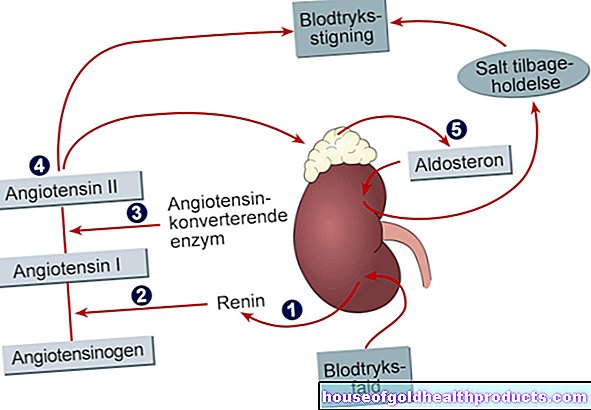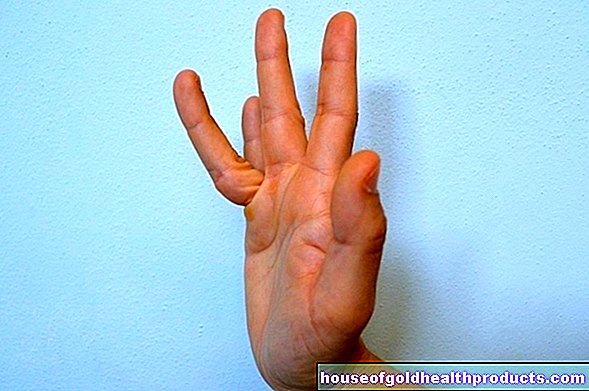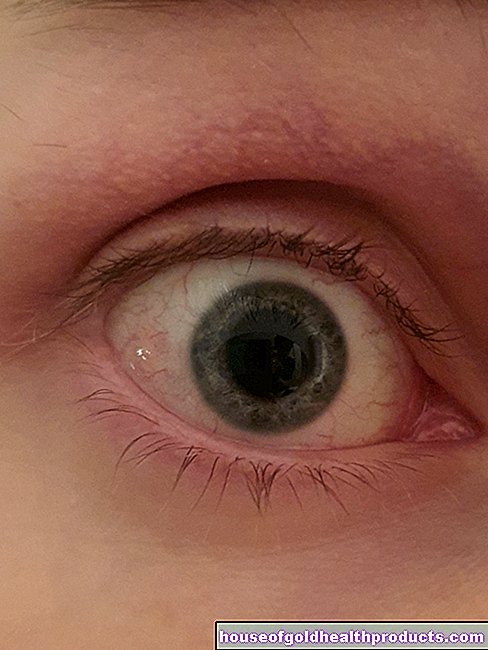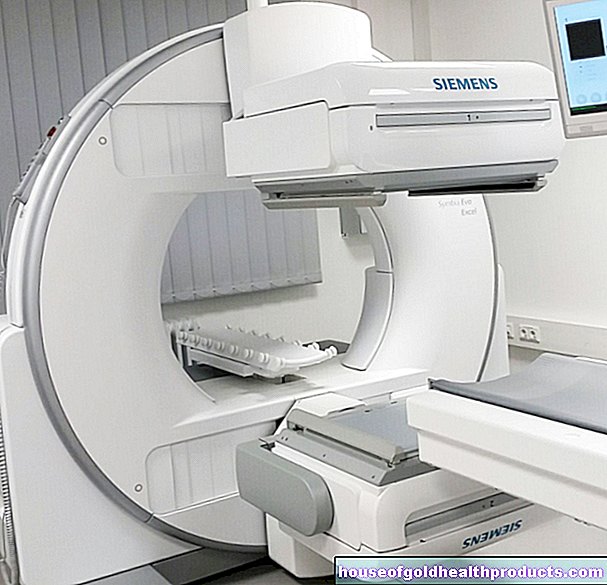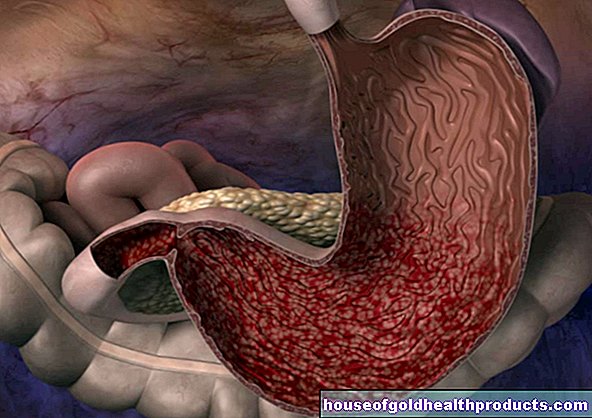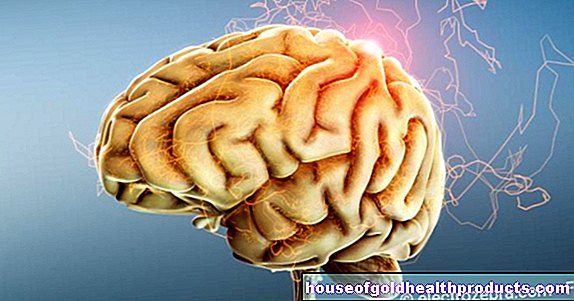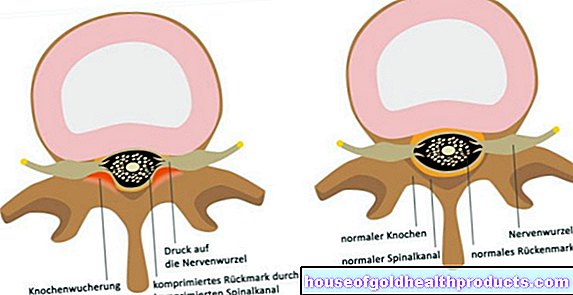Cholesterol-lowering drugs: side effects are often only imaginary
All content is checked by medical journalists.MunichStatins are the global market leader in the fight against high cholesterol levels. However, they have recently fallen into disrepute because of their side effects. Researchers from France and Great Britain are convinced that most of them are wrongly attributed to them.
In a so-called meta-analysis - an evaluation of 29 studies on the effectiveness of statins against diseases of the cardiovascular system - the scientists come to the conclusion that most of the undesirable side effects could not be blamed on the statins at all. These included nausea and gastrointestinal problems, tiredness or sleep disorders, but also painful muscles, skeletal muscle and kidney damage. "Almost all of the complaints and problems reported in the studies also occurred when the test subjects were only given a placebo," write the authors led by Dr. Judith Finegold from the National Heart and Lung Institute in London.
Side effects not adequately tested
The side effect rate in the total of 80,000 test subjects was sometimes even slightly higher under the dummy drugs, the researchers found. In most drug studies, sham drugs, i.e. placebos, are administered to some of the test subjects in order to be able to assess the effect of the "real drugs" more reliably. This makes it easier to rule out psychological or other sources of error. However, side effects are not checked in this way, the scientists complain. Therefore, the reported problems could also be triggered by factors unrelated to the drug. "Patients and doctors need reliable information about the benefits and risks of drugs if they are to make meaningful decisions."
Complaints can often be explained psychologically
When evaluating the almost 30 studies, Finegold and her colleagues concentrated solely on the protocols of the side effects and came to the conclusion: Only the risk of diabetes was increased by treatment with statins - one in five new diabetes cases that occurred during the course of the study was therefore due to this Account of statins. All other side effects, on the other hand, were about equally widespread in the active substance and control groups.
Study author Finegold believes that many patients who receive statins complain about typical side effects, could have psychological reasons. "If you repeatedly ask people how they are doing in detail, one day or another they will not feel quite as good. Why should they suddenly feel better after taking a cholesterol-lowering drug - especially if they have been warned of possible side effects?"
"No recommendation for statins"
However, Finegold does not want her meta-study to be understood as a recommendation for a more generous prescription of statins. It is about an improved doctor-patient dialogue. "We believe that patients should be empowered to make their own therapy decisions. But to do this, they need unadulterated, high-quality information." Authorities and drug approval agencies should in future take this into account when describing possible side effects.
Statins are the most widely prescribed lipid lowering drugs. They inhibit an enzyme (HMG-CoA reductase) in the liver that is involved in the production of LDL cholesterol. LDL cholesterol is one of the main risk factors for the development of arteriosclerosis. (jr)
Source: J. Finegold et. Al .: “What proportion of symptomatic side effects in patients taking statins are genuinely caused by the drug? Systematic review of randomized placebo-controlled trials to aid individual patient choice ”, European Journal of Preventive Cardiology Online, DOI: 10.1177 / 2047487314525531

